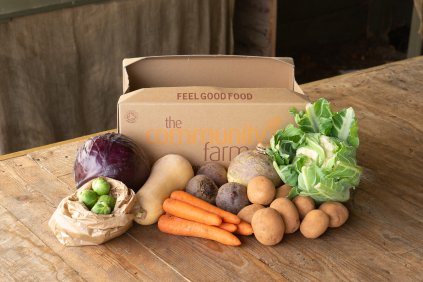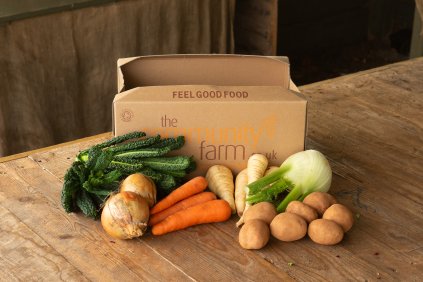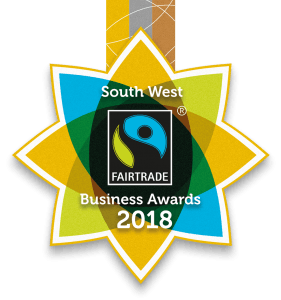Photo by MAH Photographs
This all feels a bit “here we go again”. Whilst data from 2021 shows a positive long-term trend in organic sales, those of us in the industry know that data from the first half of 2022 won’t be the same. In 2008 when the last financial crisis hit, organic sales dropped as the supermarkets donned their superhero capes and claimed “we’re here for you”. Their clever marketing ploys sold us on their “value” ranges, promising price cuts to help us through hard times.
And they’re back. In front of their new extended range of value packaged goods, proudly telling us how they’re helping us with ‘cheap’, ‘basic’, ‘value’ foods. Organic pushed to the back of the shelves again.
The truth is that supermarket ‘value’ ranges remove ‘value’ wherever possible. They are supermarket owned, with no independent businesses to pay. And with the supermarkets controlling every aspect of the supply chain, they can squeeze value from every step, and still have some for themselves. It’s a numbers game; they don’t need to make much on each sale when between them they own over 95% of the food we buy.
When value gets squeezed like that, someone or something has to lose out. And usually that’s the producers' livelihood and the environment, through damaging farming practices and longer food miles.
There is an alternative. As ‘consumers’ we can instead choose to pay appropriate prices, for supply chains that do their best to not degenerate value. Veg boxes generate nearly 4 times the amount of value that you spend on them. Financial value which goes directly to the producers who grow the food, but also environmental and social value. Building community; improving health; improving wellbeing; sequestering carbon and supporting wildlife, to name just a few.
Veg boxes give us a better diet, full of nutrition. They help us to focus on plant-based eating. They remove the temptation of processed foods and packaging we see out shopping. They bring variety, inspiration and challenge into our daily cooking.
Plus they support organic farming which improves the soil (which in turn supplies 95% of all our food), is better for wildlife, creates cleaner water, builds resilience in ecosystems and is better for the humans who farm the land and eat the food.
During the global pandemic, our food systems became very apparent. Supermarkets shelves were emptied. Lorries full of food were getting stuck. Global food chains haltered. Local food was in the limelight. When hundreds of extra families turned to us for help, we were able to deliver.
Between March 2020 and 2021, we delivered 852 veg boxes a week. Christmas week 2020, we delivered over 1000 boxes, 182 of those to families in need. That year, veg box schemes across the country saw a 111% increase. That year the Community Farm was financially robust.
Two years since the global pandemic started, like every other veg box scheme, The Community Farm has lost many of the customers we were delivering to during that year. Some are financially struggling; the pandemic, Brexit and war causing inflation we haven’t seen in three decades. Some are returning to the restaurants and holidays they’ve missed for two years. Others have been pulled back to old habits.
We have a choice where to spend our money, we can spend it on ‘value’ [diminishing] supermarket chains. Or we can spend it on creating value for people, communities and the planet.
Thank you.
Kim Brooks,
Managing Director














